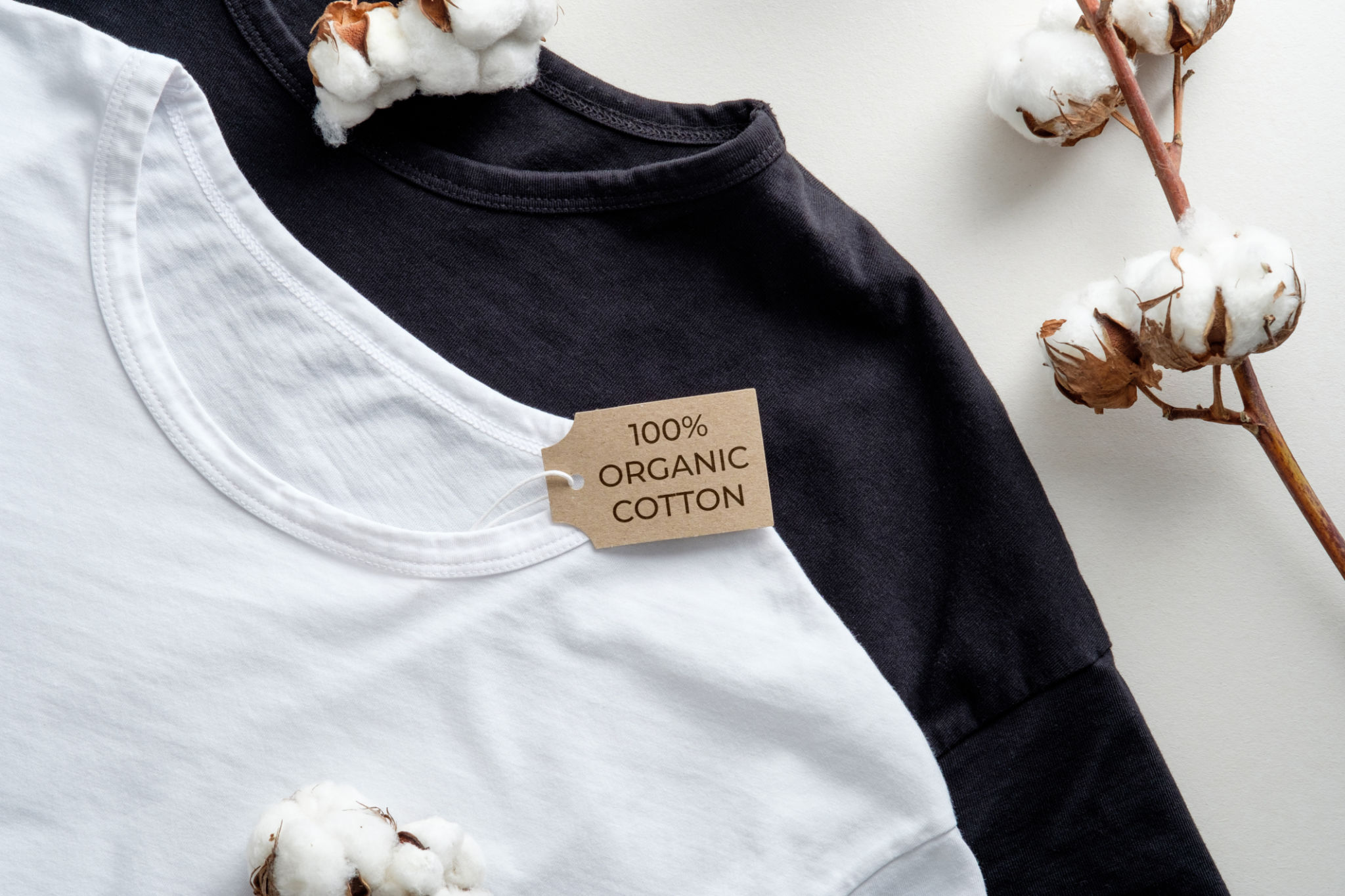Why Organic Cotton Is Best for Toddlers: A Parent's Guide
Understanding Organic Cotton
When it comes to choosing the right fabric for your toddler, organic cotton stands out as one of the best options. Unlike conventional cotton, organic cotton is grown without the use of harmful pesticides and synthetic fertilizers. This natural growth process ensures that the fabric is free from toxic chemicals, making it safer for your child's sensitive skin.
In addition to being chemical-free, organic cotton is also environmentally friendly. The farming practices used for organic cotton production promote soil health and reduce water usage, contributing to a more sustainable planet. As a parent, choosing organic cotton not only benefits your child but also supports eco-friendly practices.

Benefits for Sensitive Skin
Toddlers have delicate skin that can easily react to harsh chemicals found in many fabrics. Organic cotton is naturally soft and gentle, reducing the risk of irritation and allergic reactions. This makes it an ideal choice for children with eczema or other skin sensitivities.
Additionally, organic cotton is naturally breathable, allowing air to circulate through the fabric. This helps regulate your toddler's body temperature, keeping them comfortable in both warm and cool weather. The breathability of organic cotton reduces the likelihood of rashes or discomfort caused by sweating.

Durability and Longevity
One of the key advantages of investing in organic cotton clothing for toddlers is its durability. Organic cotton fibers are stronger and more resilient than those of conventional cotton. As a result, garments made from organic cotton can withstand frequent washing and wear without losing their shape or softness.
This durability translates to cost-effectiveness over time, as you won't need to replace clothing as often. Many parents find that organic cotton garments last longer, making them a smart investment for growing children.
Environmental Impact
Choosing organic cotton also means making a positive impact on the environment. Organic farming practices reduce pollution, conserve water, and promote biodiversity. By opting for organic cotton, you are supporting sustainable agriculture that prioritizes the health of our planet.
Furthermore, organic cotton production often emphasizes fair trade practices, ensuring that farmers receive fair wages and work in safe conditions. This ethical approach benefits communities and promotes social responsibility.

Finding Organic Cotton Products
With the growing awareness of the benefits of organic cotton, more brands are offering organic clothing options for toddlers. Look for certifications such as GOTS (Global Organic Textile Standard) when shopping, as these labels guarantee the authenticity of organic products.
Online retailers and local stores alike have a wide selection of organic cotton clothing and accessories, making it easier than ever to make eco-conscious choices for your child.
Conclusion
In conclusion, choosing organic cotton for your toddler is a decision that benefits both your child and the environment. Its gentle nature makes it perfect for sensitive skin, while its durability ensures long-lasting wear. By selecting organic cotton, you are contributing to a healthier planet and supporting ethical practices in the textile industry.
Embrace the comfort and peace of mind that comes with dressing your toddler in organic cotton, knowing that you are making a responsible choice for their well-being and the future of our world.
